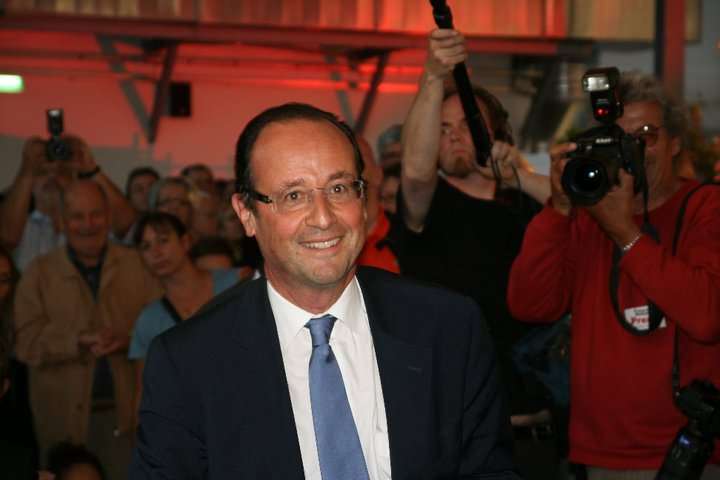France May Be Ready For Another Intervention, But Syria is No Mali


Although the British House of Commons voted last night against the principle of intervention in Syria in order to dissuade the Assad regime from using chemical weapons, the French President Francois Hollande has said that France remains prepared for a military intervention in Syria.
If the French do carry out a military intervention in Syria it will be their most recent intervention following their ongoing mission in Mali.
The French intervention in Mali, which began in January this year, has not resulted in what some feared, namely retaliatory domestic terrorism in France, and did succeed in removing Islamic militants, who hijacked a Tuareg rebellion, from their strongholds in northern Mali. French troops have begun withdrawing troops from Mali, the United Nations has taken over peacekeeping operations from African troops, and a presidential election was held without violence. Although Mali will probably remain at threat from Islamic groups and some internal instability for some time it seems that the French-led intervention in Mali succeeded in its goals with minimal immediate blowback.
However, Hollande should not think that a French intervention in Syria will be as successful as the intervention in Mali.
It is important to remember that while the French-led intervention in Mali may have succeeded in removing Islamists from captured regions they, as well as many rebelling Tuaregs, were only in northern Mali thanks to a situation created by the intervention in Libya. As Former Secretary-General of the United Nations Kofi Annan put it, Mali was collateral damage that resulted from the intervention in Libya, another lesson in the unintended consequences of an overarching foreign policy.
Unlike Mali, it is unclear that Syria who would be helped by an intervention. The Assad regime has committed atrocities, including a likely chemical attack, but its opposition includes fighters that have much in common with the Islamists that the French were trying to expel from Mali. As bad as Assad is, it remains unclear how Islamists within Assad's opposition benefiting will be better for the region or for most Syrians. In Mali, while government forces have reportedly committed abuses, there was no realistic threat to the wider region or to most Malians in the areas captured by Islamists if the French intervention was successful.
Something that Hollande should seriously consider is that there is little international support for intervention in Syria. The British have rejected the possibility of intervention, the United Nations Security Council is unlikely to approve any resolution, and while many countries, such as Germany and Italy, have condemned the Assad regime they remain reluctant to get their militaries involved.
In Mali, the French intervention was unanimously backed by the U.N. Security Council, and ECOWAS (the Economic Community of West African States) as well as the Malian government asked for some sort of military intervention, meaning that the French had the support of an international body as well as regional partners. In addition, Western nations such as the U.S., Belgium, Denmark, and the U.K. all supported the intervention by providing either logistic, military, or intelligence assistance. In Syria, the level of support for intervention comes nowhere close in comparison to the regional and international support that there was for the intervention in Mali.
As good as Hollande's intentions might be there is no reason to think that an intervention in Syria will be as successful as the intervention in Mali, even if such an intervention is limited. The situation in Syria is far more complex that the situation was in Mali at the beginning of this year, and military intervention in Syria has almost no international support.


Show Comments (4)